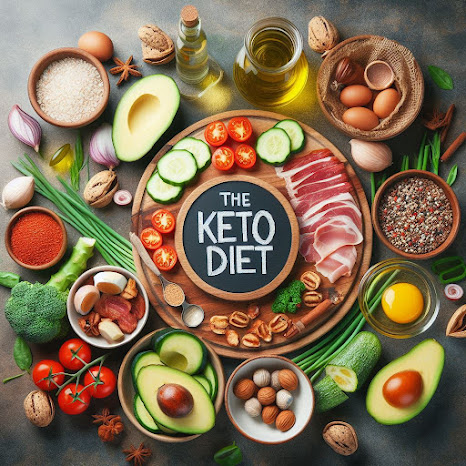Remarkable Benefits and Uses of Bee Propolis
Bee propolis, also known as “bee glue,” is a fascinating substance produced by our tiny, hardworking friends—the honeybees. Let’s delve into the world of this natural marvel and explore its incredible properties.
What Is Bee Propolis?
Bee propolis is a resinous mixture that honeybees create by combining their own saliva and beeswax with exudate gathered from tree buds, sap flows, and other botanical sources. The resulting substance is a sticky, dark brown material that serves multiple purposes within the beehive.
The Hive’s Guardian
Sealing Cracks and Gaps:
Bees use propolis to seal small cracks and gaps in their hive. These tiny openings, if left unsealed, could allow threatening invaders like snakes and lizards to infiltrate the hive. Larger gaps are filled with beeswax, creating a secure environment for the colony.
Chemical Complexity:
When scientists analyze propolis, they discover its rich chemical composition. It contains over 300 natural compounds, including amino acids, coumarins, phenolic aldehydes, polyphenols, sesquiterpene quinines, and steroids. Raw propolis consists of approximately 50% resins, 30% waxes, 10% essential oils, 5% pollen, and 5% various organic compounds.
Ancient Wisdom and Modern Science
Bee propolis has been used medicinally by humans for thousands of years. Ancient civilizations recognized its healing potential, and it continues to be an incredibly medicinal substance today. Let’s explore some specific benefits:
Health Benefits of Bee Propolis
- Anti-Tumor and Anti-Cancer Properties:
- Two propolis polyphenols stand out: caffeic acid phenethyl esters from poplar propolis and Artepillin C from Baccharis propolis. These compounds appear to possess potent anti-tumor effects.
- Antimicrobial Defense:
- Propolis guards against bacteria, viruses, and fungi due to its antimicrobial properties.
- It supports immune function, helping the hive stay healthy.
- Wound Healing:
- Propolis aids in wound healing, thanks to its special compound called pinocembrin.
- It stimulates collagen production, promoting skin repair.
- Skin Health:
- Applied topically, propolis can soothe skin conditions, including acne, eczema, and minor burns.
- Its antioxidant properties protect skin cells from damage.
- Oral Health:
- Propolis fights bacteria, reducing plaque and supporting gum health.
- Some toothpaste and mouthwash formulations include propolis.
- Reduced Inflammation:
- Chronic inflammation accompanies many health problems. Propolis helps ease symptoms by reducing inflammation.
How to Use Bee Propolis
Supplements:
Propolis is available in supplement form (capsules, tinctures, or extracts). Follow recommended dosages.
Topical Applications:
For skin issues, apply propolis creams or ointments directly to affected areas.
Oral Care:
Look for propolis-infused toothpaste or mouthwash for oral health benefits.
In conclusion, bee propolis—nature’s gift from the hive—offers a wealth of health benefits. Whether you’re combating cancer, healing wounds, or supporting your immune system, consider adding this remarkable substance to your wellness routine.
References:
- Dr. Axe: Bee Propolis Benefits, Uses, Dosage, and Side Effects
- Beekeeping 101: The Benefits Of Propolis: Everything You Need To Know
- BulkSupplements.com: Bee Propolis Benefits, Side Effects, and Dosage
- Verywell Health: Propolis: Benefits, Side Effects, and Interactions
- WebMD: Propolis: Health Benefits, Uses, Dosage, and More
.jpg)
.jpg)



.jpg)
.jpg)

.jpg)
.jpg)


.jpg)

